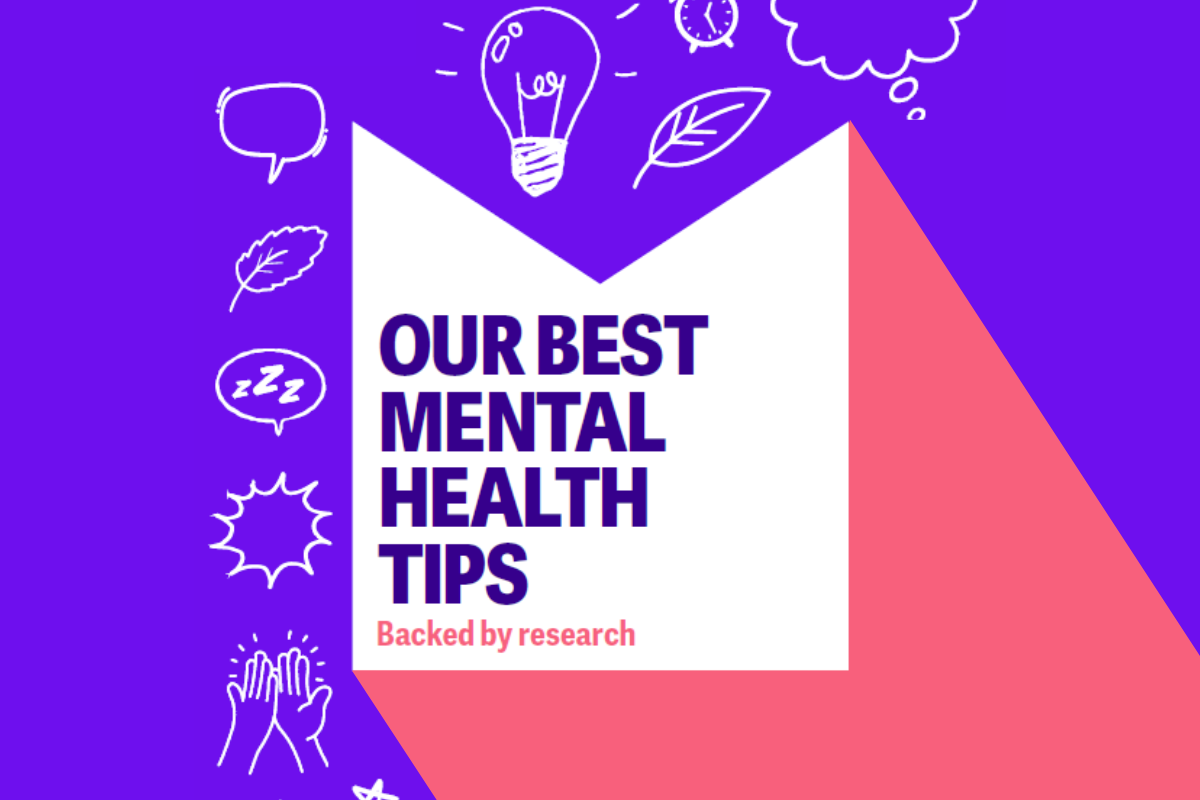Have you ever caught yourself scrolling through job listings and noticed how healthcare seems to cover nearly every possible skill set, from counseling to coding? The field has grown into one of the most flexible and resilient career spaces today. With rising demand, changing technology, and shifting public attitudes toward health, new doors keep opening. In this blog, we will share career choices in health worth considering if you are starting out.
Careers in Technology and Data
Technology has rewritten the rules of healthcare, creating careers that hardly existed twenty years ago. While doctors and nurses remain central, digital health specialists, data analysts, and informatics professionals now shape how care gets delivered. With telehealth now a mainstay, professionals who understand both patient needs and digital platforms find themselves in high demand. Hospitals rely on systems that track records, predict outcomes, and manage resources. This means health data analysts, cybersecurity experts, and digital care coordinators have become essential.
Even wearable devices play a role in shaping new jobs. Fitness trackers and health apps produce streams of information that need interpretation. Professionals skilled in turning raw data into meaningful guidance support not only doctors but also public health agencies that use trends to anticipate risks. This shift shows how someone entering health can pursue a path far from direct patient care yet still play a critical part in the system’s effectiveness.
A Field That Won’t Stop Growing
The health sector continues to expand in ways that reflect both immediate needs and long-term social change. Hospitals and clinics face staff shortages, older populations need more care, and mental health services are stretched beyond capacity. In response, universities and training programs are building pathways that combine accessibility with strong professional preparation. For instance, accredited online school psychology programs have become increasingly popular, providing students a practical way to qualify for counseling roles without relocating or pausing their lives. These programs meet the same standards as traditional options while offering the flexibility to balance work, study, and family.
This balance matters because healthcare is not just about filling positions but about preparing professionals who can adapt. A counselor, for example, may work in a school, a clinic, or even through telehealth platforms that continue to grow since the pandemic. The point is that today’s entry into healthcare requires both practical training and adaptability. Educational paths that combine convenience with quality training are not just attractive; they have become necessary for many students who cannot follow the traditional full-time route.
Public Health and Prevention
One of the clearest lessons from recent years is that prevention is often more effective and less costly than treatment. Careers in public health place professionals at the front lines of community wellness, focusing on stopping problems before they spread. Public health specialists track outbreaks, design vaccination campaigns, and create programs to address chronic conditions like diabetes and heart disease.
These careers often involve working with government agencies, nonprofit organizations, or international institutions. The appeal lies not only in stable employment but in the scale of impact. A single effective campaign in nutrition education can shift behaviors across thousands of households. For someone just starting out, public health offers a chance to address health challenges at a broad level, often without the years of specialized training required in clinical medicine.
Mental Health and Counseling
Conversations about mental health have shifted from the margins to the mainstream. Therapy is now a topic of workplace meetings, school assemblies, and even casual conversations among friends. As stigma decreases, demand for mental health professionals continues to grow. Entry into this field can take many forms, ranging from school counseling and clinical psychology to community-based peer support.
New models of delivery also create opportunities. Digital therapy platforms have expanded access, meaning counselors can reach clients across states or even countries. For those considering a career in this area, the variety of settings—schools, clinics, corporations, or online platforms—makes it flexible while also personally rewarding. Training can be intensive, but the payoff is clear: steady demand and meaningful work.
Nursing and Allied Health Professions
Few careers match the stability and range of nursing. Nurses remain central to the functioning of hospitals, clinics, and community health centers. Their roles extend from bedside care to advanced practice, such as nurse practitioners who provide primary care in areas where doctors are scarce. The path into nursing is accessible through multiple educational routes, from associate degrees to advanced graduate programs, making it one of the more flexible entry points.
Allied health professions also offer strong opportunities. Physical therapy, occupational therapy, respiratory care, and dietetics form the backbone of support services for patients recovering from surgery, illness, or injury. These careers require specific certifications and training but reward professionals with stable employment and direct impact on patient recovery. As populations age and chronic conditions increase, the demand for these professionals is set to rise sharply.
Choosing the Right Path
The sheer variety of health careers makes the process of choosing both exciting and overwhelming. Some paths, such as nursing or psychology, require years of training and licensing. Others, such as public health or administration, can be entered more quickly, often with undergraduate or master’s degrees. The decision depends on personal strengths, interests, and willingness to commit to extended education.
What unites these careers is their resilience. Unlike industries vulnerable to automation or shifting consumer trends, healthcare remains a constant need. People will always require care, guidance, and systems that keep them healthy. Starting out in this field offers not just a stable job but a sense of contributing to something larger.
For those considering their options, the best approach is to identify what type of role matches both lifestyle and ambition. Whether you prefer data, direct care, community outreach, or policy, the health field has a path that fits. What matters most is recognizing that the system is wide enough to accommodate many different talents, and starting out today means entering a field that continues to grow in scope, relevance, and impact.



